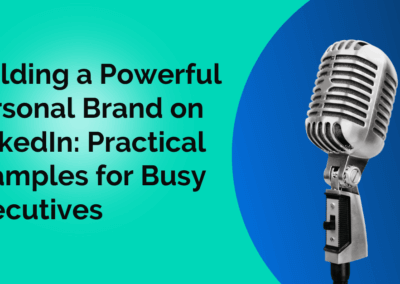If you’re up to date on what’s happening in the marketing industry, you know that consultancies have increasingly become a threat to traditional agencies. With the popularity surrounding digital technology, there has been a shift away from the creative approach of selling “big ideas” and a move towards data-driven marketing. To dig a little deeper into this, let’s take a look at the differences between an agency and a consultancy.
Definition
A marketing agency has the ability of handle all aspects of the advertising process. This includes strategic planning, creative, and production. Some agencies are full-service, meaning they offer a complete approach to marketing and advertising initiatives. Other agencies may specialize in a particular creative service, such as graphic design, video, or social media.
On the other hand, a marketing consultancy has expertise in strategies to engage customers and improve business opportunities, both through retaining existing clients and attracting new customers. Their focus is to help companies achieve defined and measurable goals. A consultancy typically helps businesses develop inbound strategies, implement marketing tools, drive traffic, generate and nurture leads, produce content, and improve SEO.
Process
A marketing agency is going to be more focused on executing creative. They are expected to know the best way to shoot a video or create a beautifully-designed website. When it comes to working with an agency, clients typically already have a marketing strategy in mind. For example, they may want to launch a new product or rebrand. Either way, there’s a clear objective and it’s the agency’s job to find the best way to execute it creatively.
Because of the conceptualization involved in designing creative assets, the turnaround time for an agency is longer than a consultancy. However, the main thing that separates an agency from a consultancy is their role in the marketing process. A consultancy will develop a plan to help your company grow, while an agency expects you to already have that figured out. They are the ones who provide the creative assets to support the project plan.
If you’re using a consultancy, it’s typically because you have a problem that you’re not sure how to solve. This could be anything from “why am I not getting traffic to my website?” to “how do I start generating more leads?” It’s a consultant’s job to identify a business-oriented solution to problems like these.
The consulting process begins with researching a client’s company and familiarizing oneself with their services, buyers, and competitors. Consultants immerse themselves in their client’s industry so they can better understand their goals and pain points. They take a data-centered approach to marketing, relying on analytics to inform their strategies. You can expect a fast turnaround from a consultancy as they are skilled in driving performance and producing quick, measurable results.
Which is right for you?
Now, you may be sitting there asking yourself, which option is right for me? It depends on your company’s needs. If you’re looking for quick results that drive revenue and growth, you should go the consultancy route. But if you’re looking for support in executing creative initiatives, an agency is the right pick. Looking for a little of both? There’s a third option- a hybrid agency/consultancy.
SmarkLabs is a prime example of this. We are a full-service marketing operation that create and execute marketing plans. We have a team of marketers who are skilled in growth strategy and a team of creatives who are experienced in graphic design and videography. Because of this, we’re able to handle every aspect of the marketing process and create consistent campaigns that produce reliable results.
To learn more about our services, drop us a line.
Looking ahead
The line between agency and consultancy is becoming more and more blurred. Consultancies are beginning to offer branding and advertising services while agencies are moving into digital technology. In terms of the future of marketing, many have argued that consultancies will dominate because the way people interact with brands is changing. It’s no longer about releasing big, flashy ad campaigns, but finding small and truthful ways to engage with customers and create personalized experiences.




